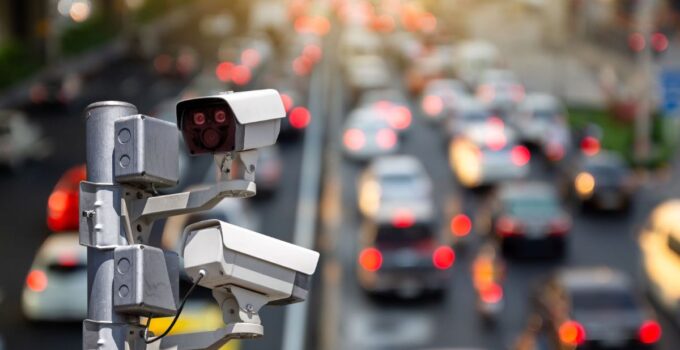Traffic cameras are a common sight on our roads, intended to enhance safety and enforce laws. But are they truly serving their intended purpose, or are they simply tools for profiling and generating revenue?
1. The Purpose of Traffic Cameras
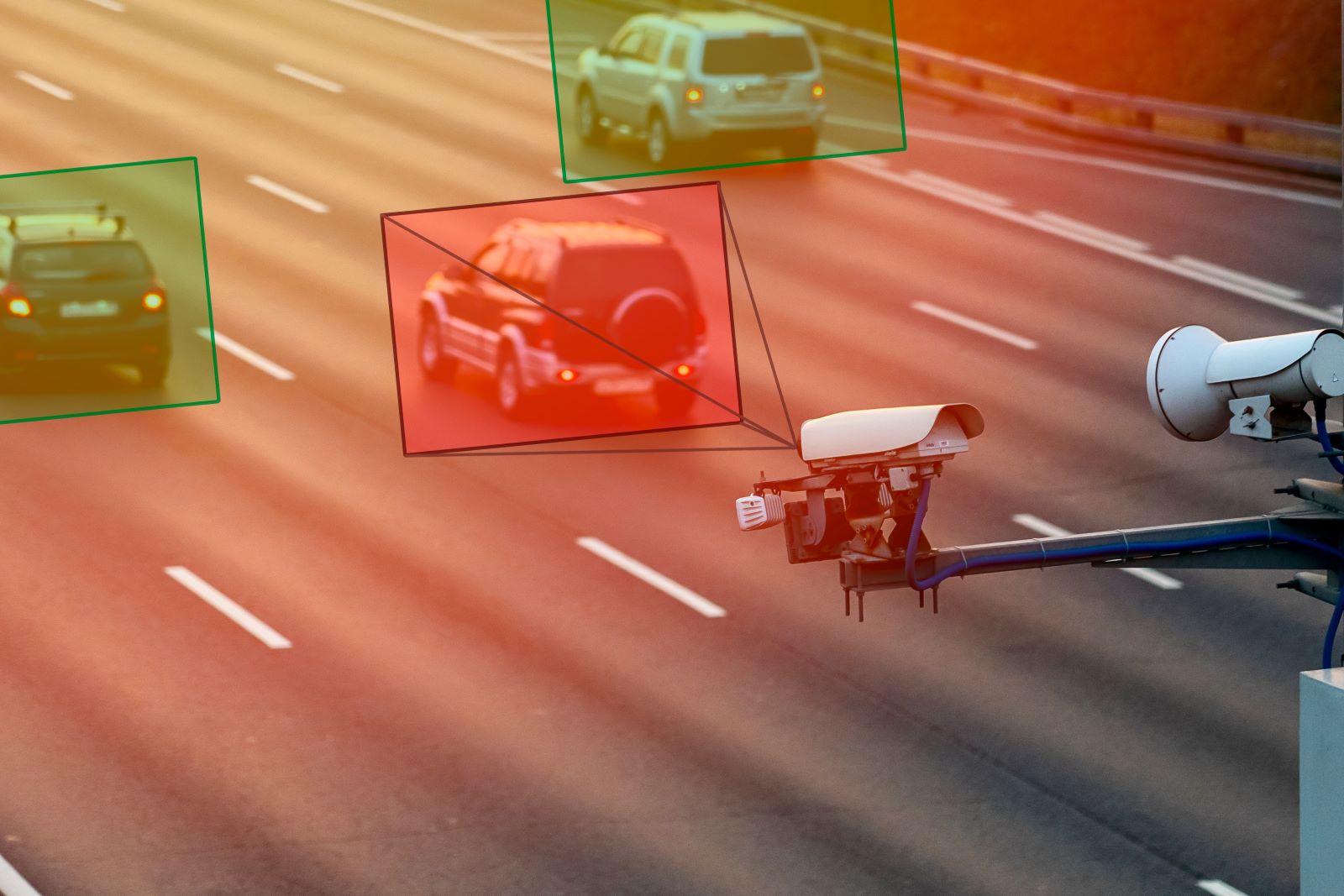
Image Credit: Shutterstock / AntonSAN
Traffic cameras are designed to monitor road conditions, enforce speed limits, and improve safety. They capture violations such as speeding and running red lights, aiming to reduce accidents. According to the Insurance Institute for Highway Safety (IIHS), traffic cameras have been shown to decrease fatal crashes by up to 30% in areas where they are actively used.
2. Revenue Generation Concerns
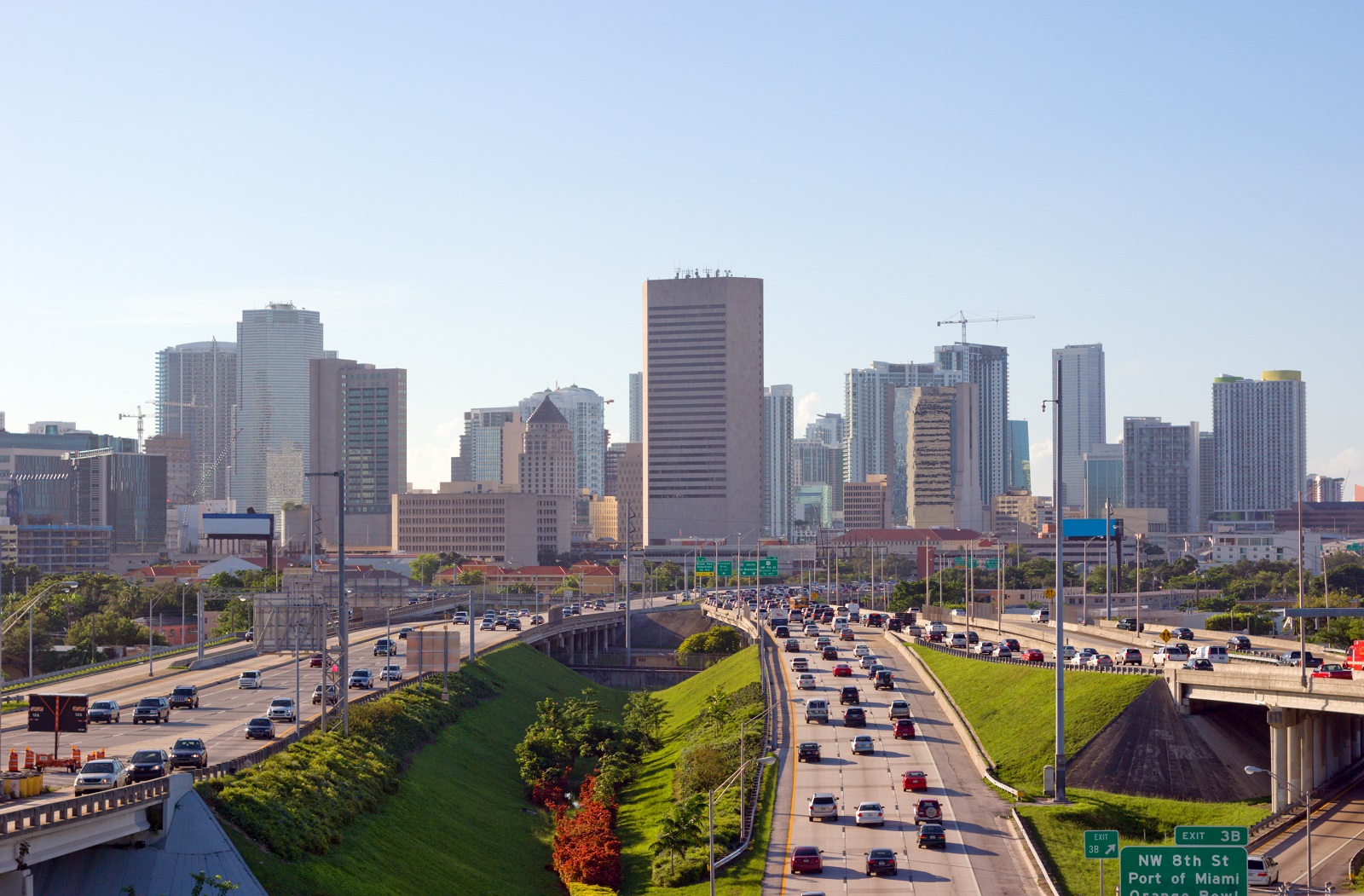
Image Credit: Shutterstock / Jonathan G
Critics argue that traffic cameras often serve more as revenue generators than safety tools. In some jurisdictions, the fines from traffic violations can significantly boost municipal budgets. A 2023 report by the National Motorists Association (NMA) revealed that cities with traffic cameras often see revenue increases of 20-30%, raising questions about the primary motivations behind their installation.
3. Profiling and Discrimination Risks
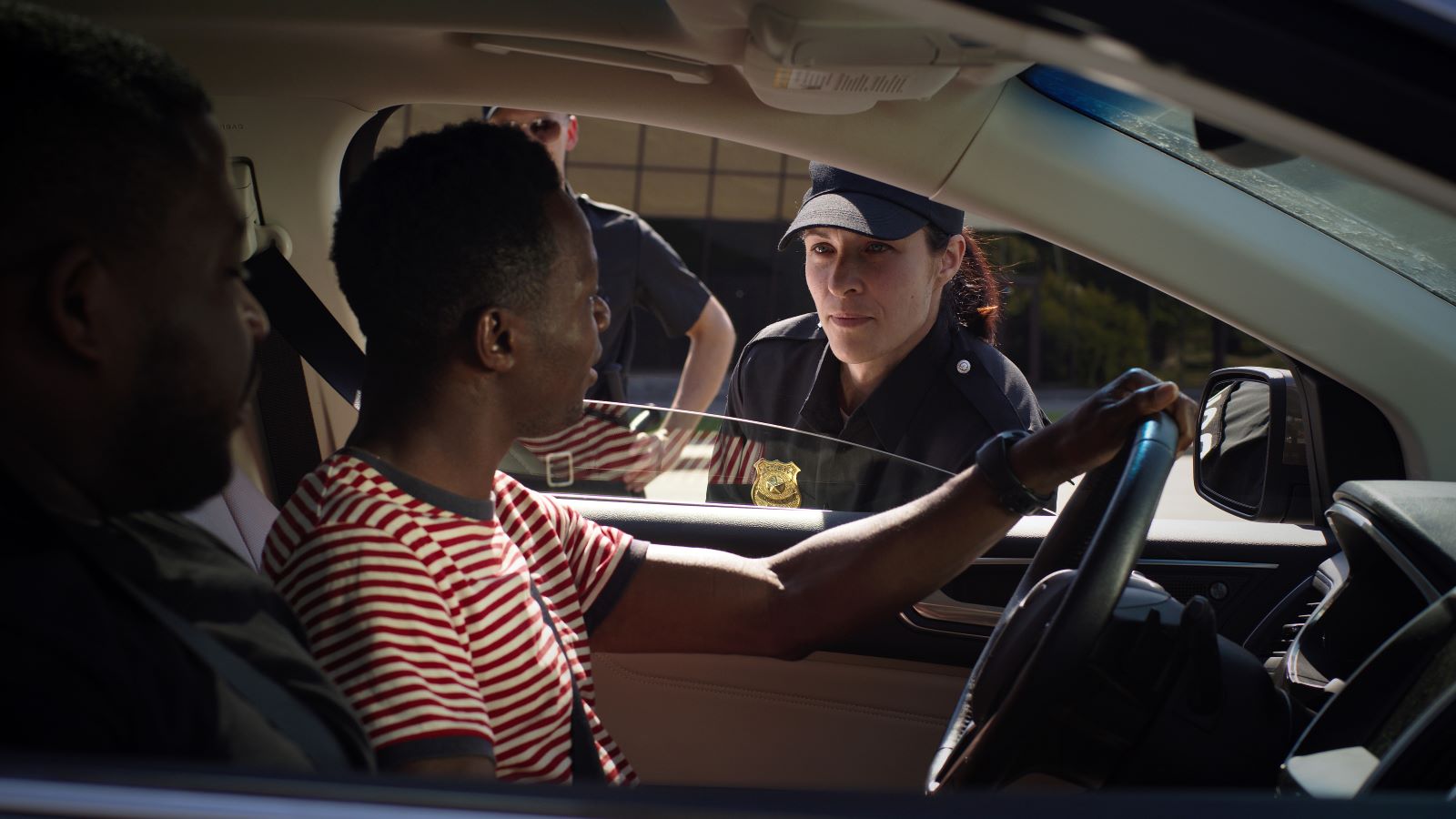
Image Credit: Shutterstock / Frame Stock Footage
There are concerns that traffic cameras can be used to profile and disproportionately target certain demographics or areas. Research by the American Civil Liberties Union (ACLU) suggests that minority communities may be more frequently monitored and penalized by traffic cameras, contributing to racial and socioeconomic disparities in traffic enforcement.
4. Accuracy and Reliability Issues
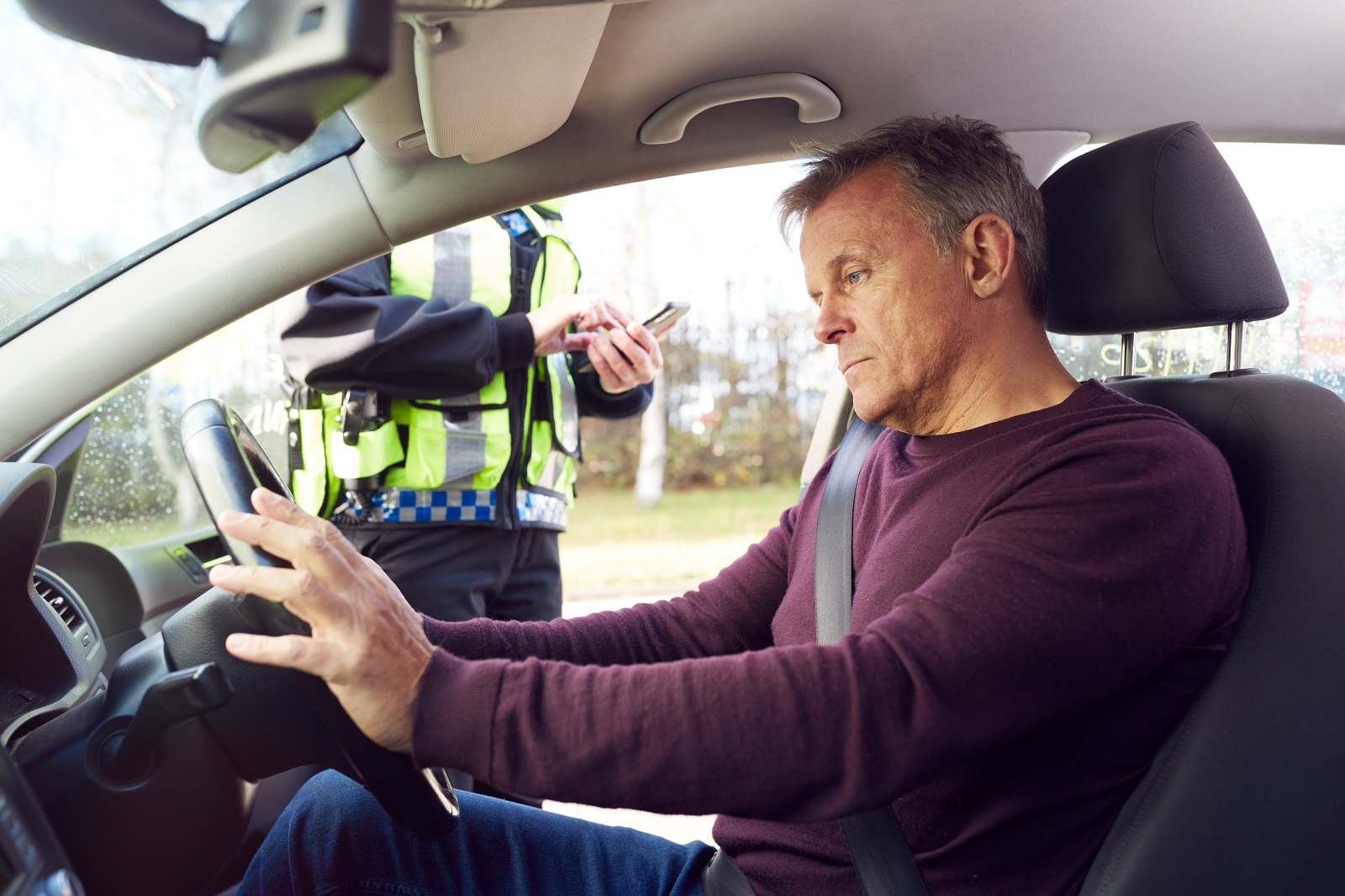
Image Credit: Shutterstock / Monkey Business Images/
The accuracy of traffic cameras is another point of contention. Errors in camera calibration or faulty technology can lead to wrongful tickets and unfair penalties. A 2024 study by the National Institute of Standards and Technology (NIST) found that up to 5% of traffic camera citations may be issued in error due to technical malfunctions or misinterpretations.
5. Privacy Concerns
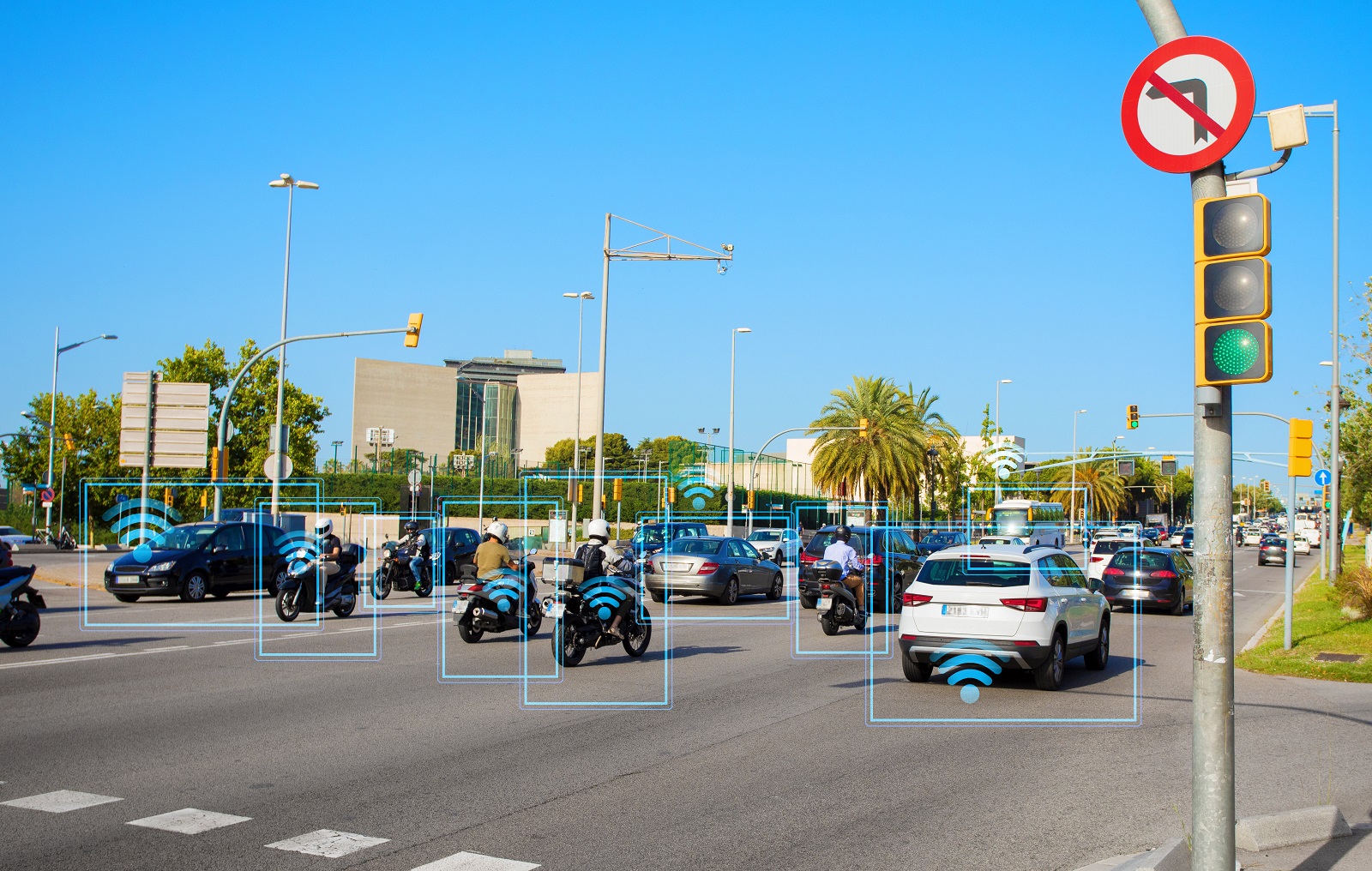
Image Credit: Shutterstock / Kicking Studio
Traffic cameras raise significant privacy concerns as they continuously monitor and record vehicle movements. The American Civil Liberties Union (ACLU) highlights that constant surveillance can infringe on individual privacy rights and contribute to a surveillance state.
6. Impact on Driver Behavior
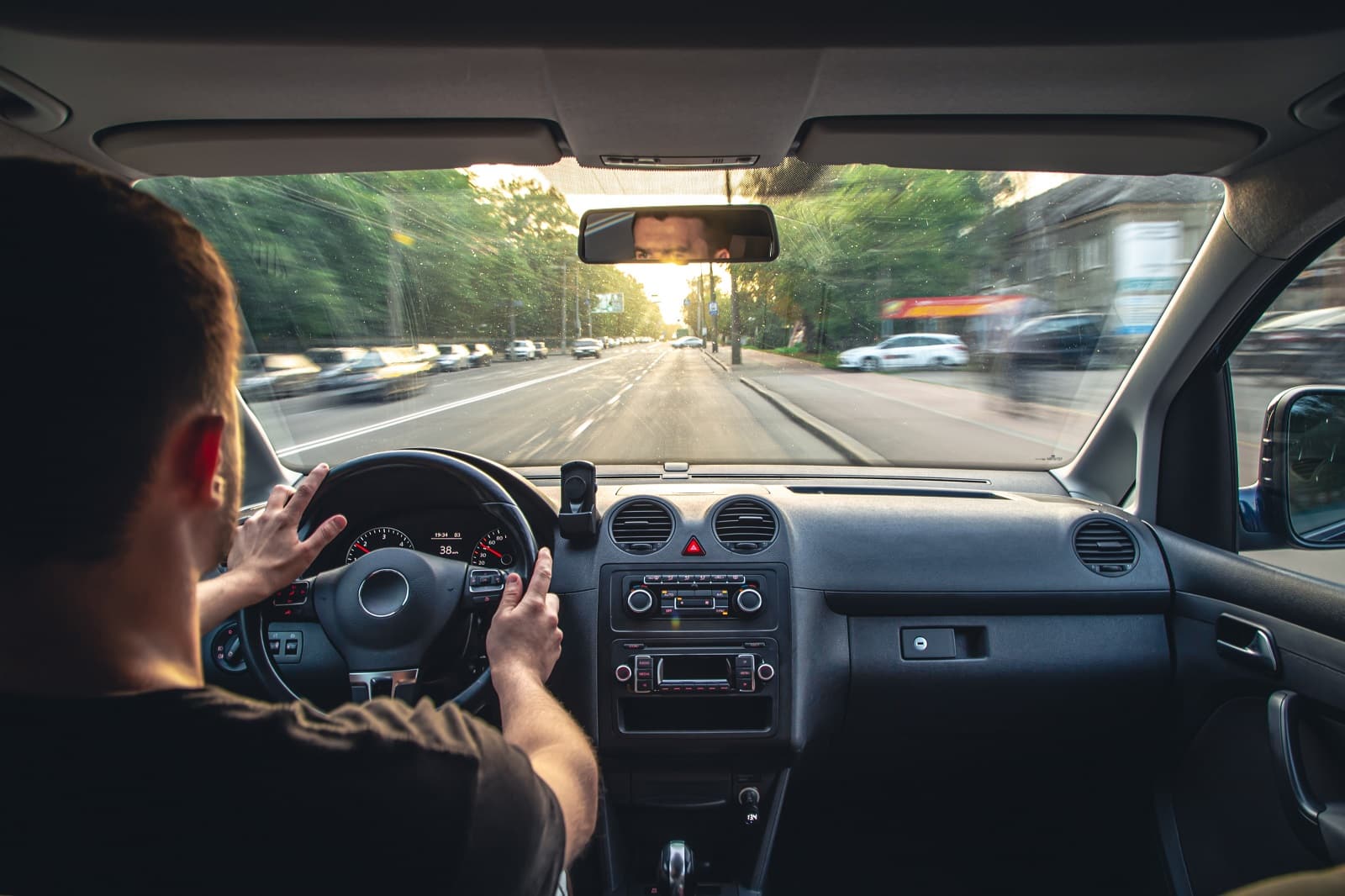
Image Credit: Shutterstock / PV productions
While traffic cameras are intended to deter dangerous driving, their effectiveness in improving long-term driver behavior is debated. Research published in the Journal of Safety Research found that while traffic cameras can lead to immediate reductions in speeding and red-light running, the long-term behavioral changes are less clear.
7. Legal and Ethical Challenges

Image Credit: Shutterstock / SynthEx
Legal challenges often arise regarding the use of traffic camera evidence in court. In some cases, drivers dispute the validity of camera-based citations, arguing that they do not receive a fair trial. A 2024 review by the National Traffic Law Journal (NTLJ) noted that disputes over traffic camera citations are becoming increasingly common, leading to legal battles over their ethical use.
8. Public Perception and Trust

Image Credit: Shutterstock / Bilanol
Public trust in traffic cameras varies widely. While some see them as essential for maintaining road safety, others view them as intrusive and unfair. According to a 2023 survey by the Traffic Safety Coalition (TSC), 40% of drivers believe traffic cameras are used primarily to generate revenue rather than to improve safety.
9. The Role of Transparency
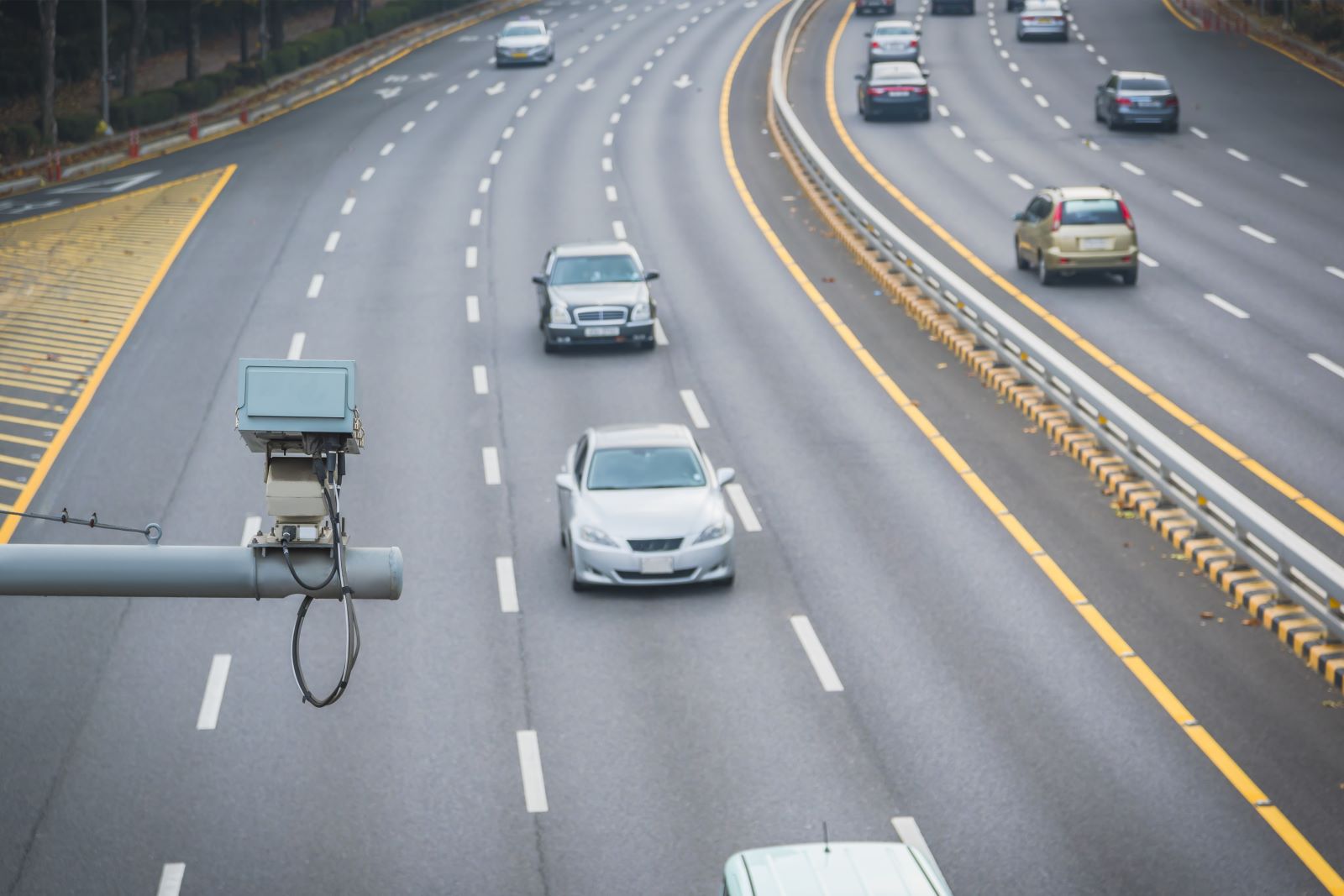
Image Credit: Shutterstock / neopicture
Transparency in the operation and management of traffic cameras is crucial for maintaining public trust. Cities that provide clear information about how cameras are used and how fines are processed tend to have higher public approval. The Transparency International report from 2024 emphasizes the importance of clear communication and accountability in traffic enforcement.
10. Alternatives to Traffic Cameras
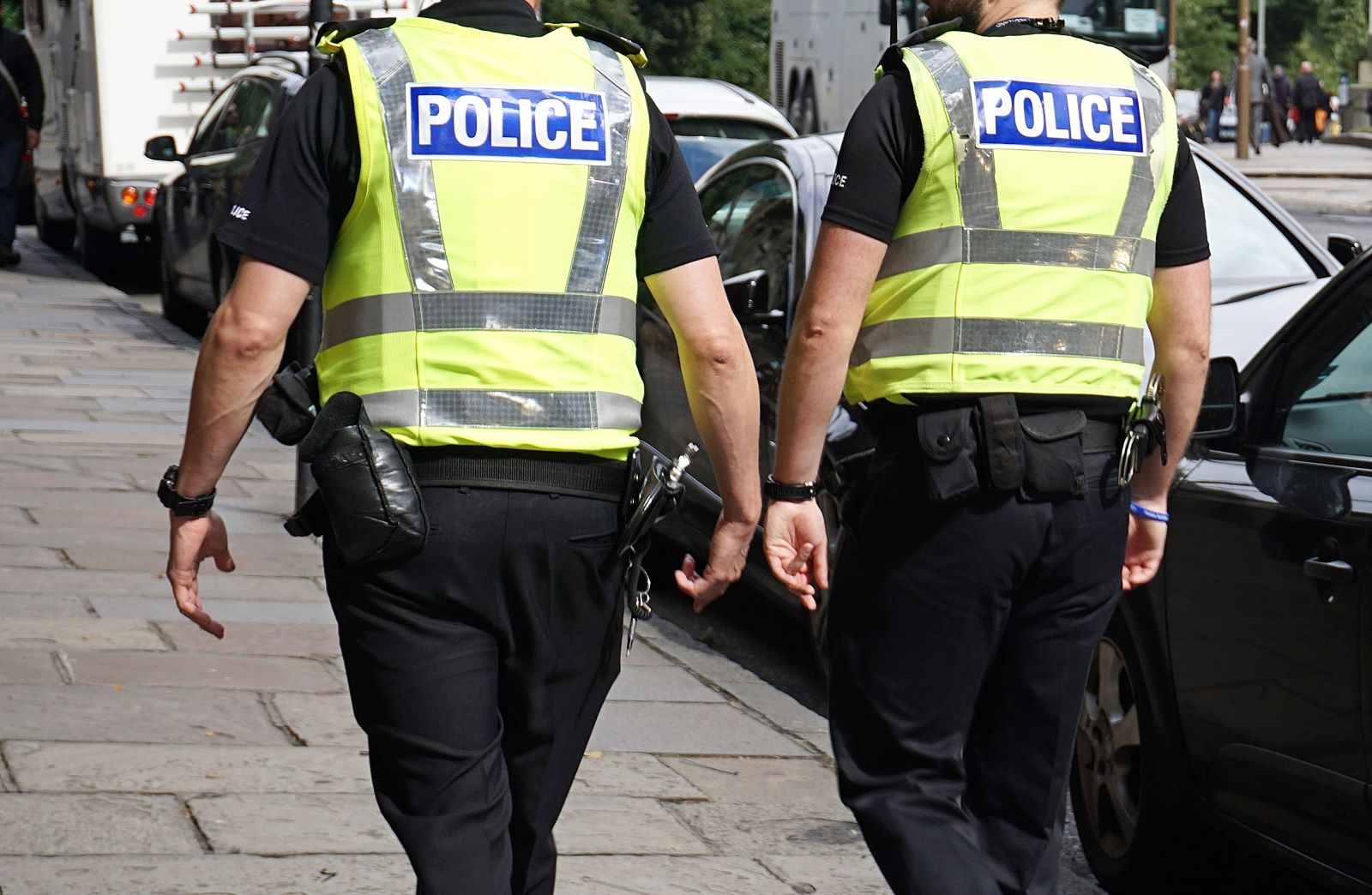
Image Credit: Shutterstock / Loch Earn
Some argue for alternatives to traditional traffic cameras, such as increased police presence or community-based traffic safety programs. These methods can provide more personalized enforcement and potentially reduce the negative perceptions associated with automated cameras. A 2024 study by the National Traffic Safety Board (NTSB) found that community-based programs can be effective in promoting safe driving without the ethical concerns of surveillance.
11. International Perspectives
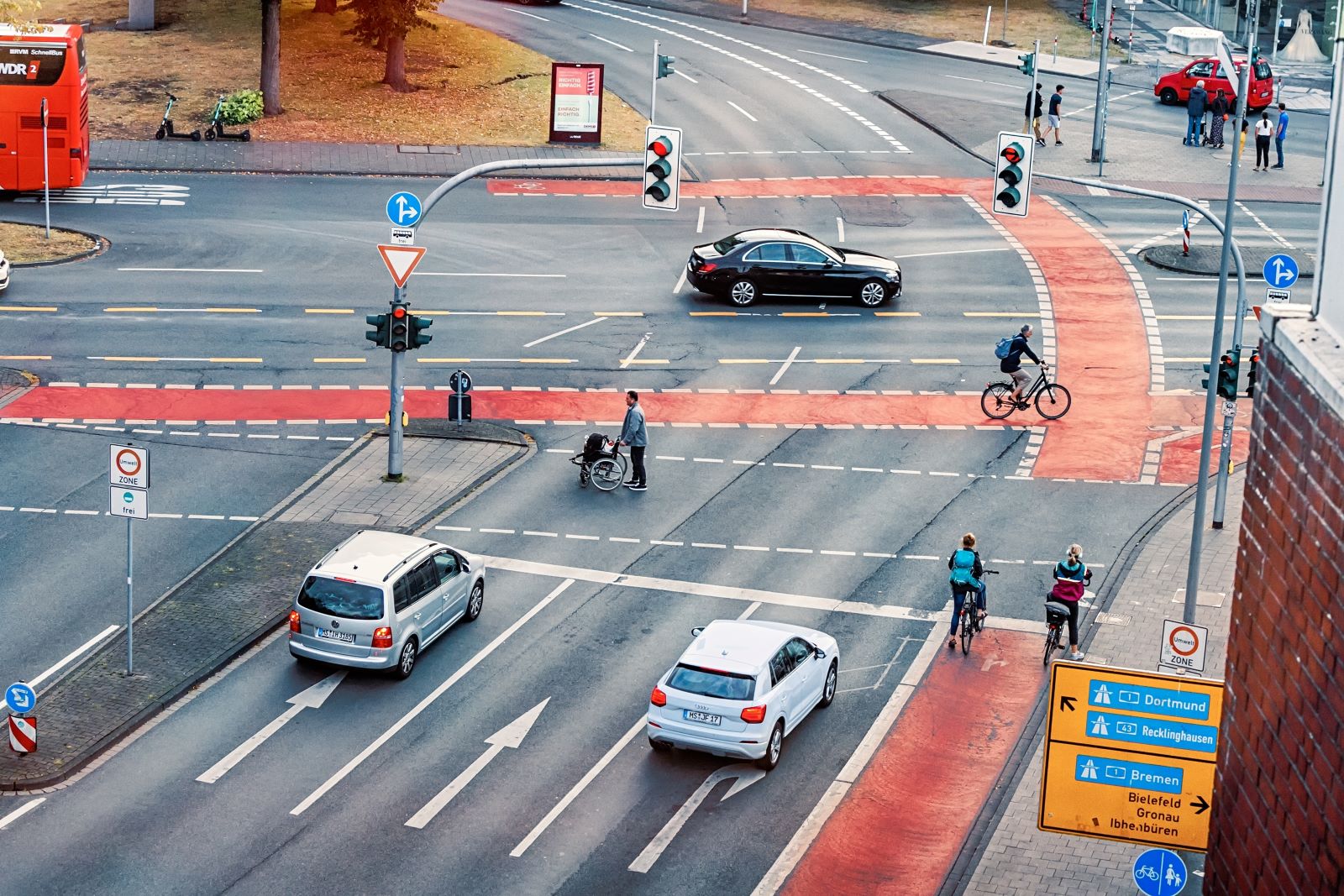
Image Credit: Shutterstock / frantic00
Different countries handle traffic cameras in various ways, reflecting diverse approaches to road safety and privacy. For instance, Germany uses traffic cameras with strict regulations to protect privacy, while the UK has more lenient policies. Comparative studies highlight how cultural and legal contexts influence the ethical implications of traffic camera use.
12. The Balance Between Safety and Privacy
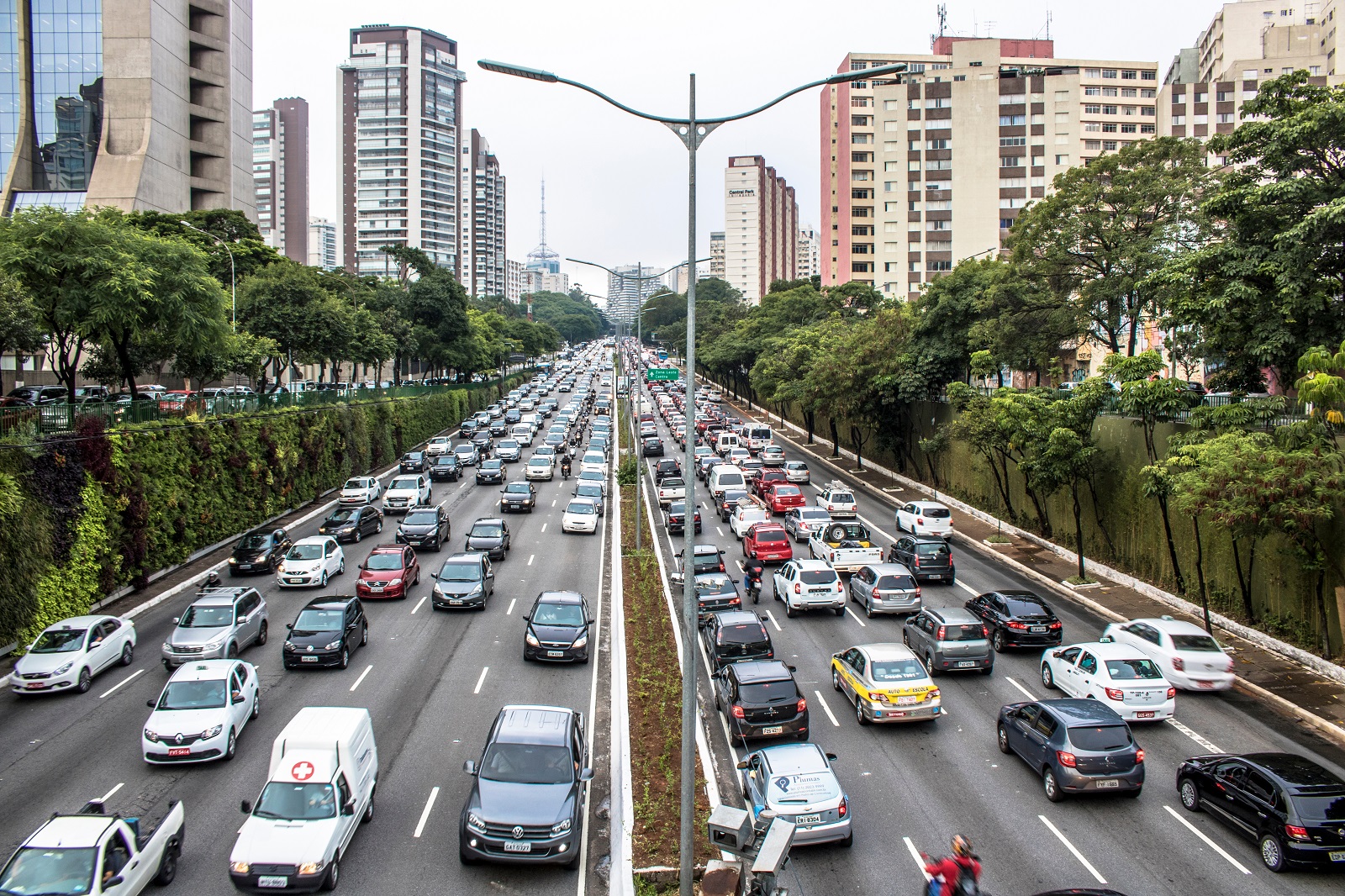
Image Credit: Shutterstock / Alf Ribeiro
Finding a balance between enhancing road safety and protecting individual privacy is a key ethical challenge. While traffic cameras can improve safety, they must be implemented with considerations for privacy and fairness. The European Union’s General Data Protection Regulation (GDPR) provides a model for balancing these interests by enforcing strict data protection measures.
13. Impact on Legal Systems
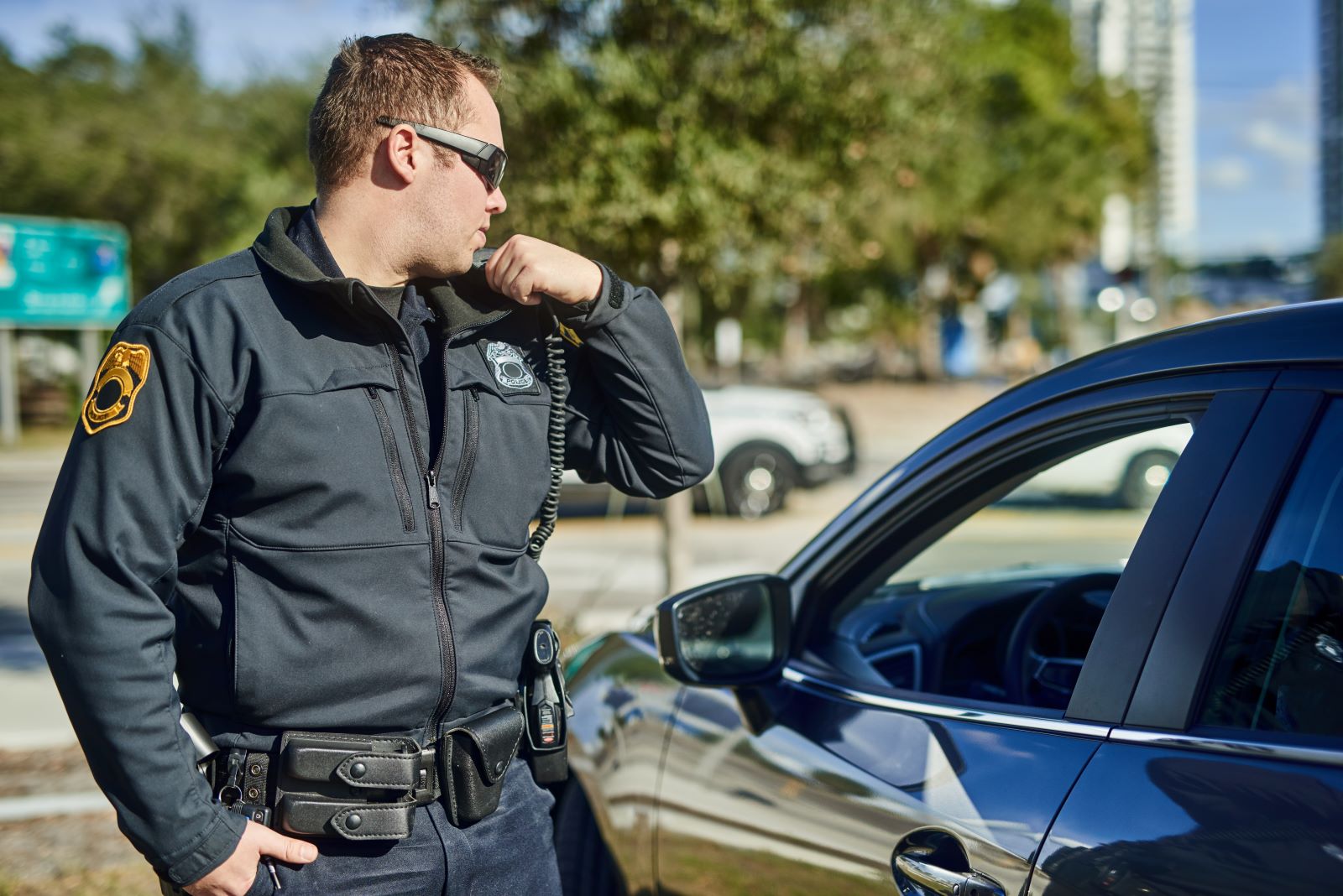
Image Credit: Shutterstock / PeopleImages.com – Yuri A
Traffic cameras can also impact legal systems by creating a higher volume of traffic violations to process. This increase can overwhelm courts and lead to delays in justice for all types of cases. The American Bar Association (ABA) reports that courts in cities with high traffic camera usage often face backlogs and increased administrative burdens.
14. Ethical Use of Technology
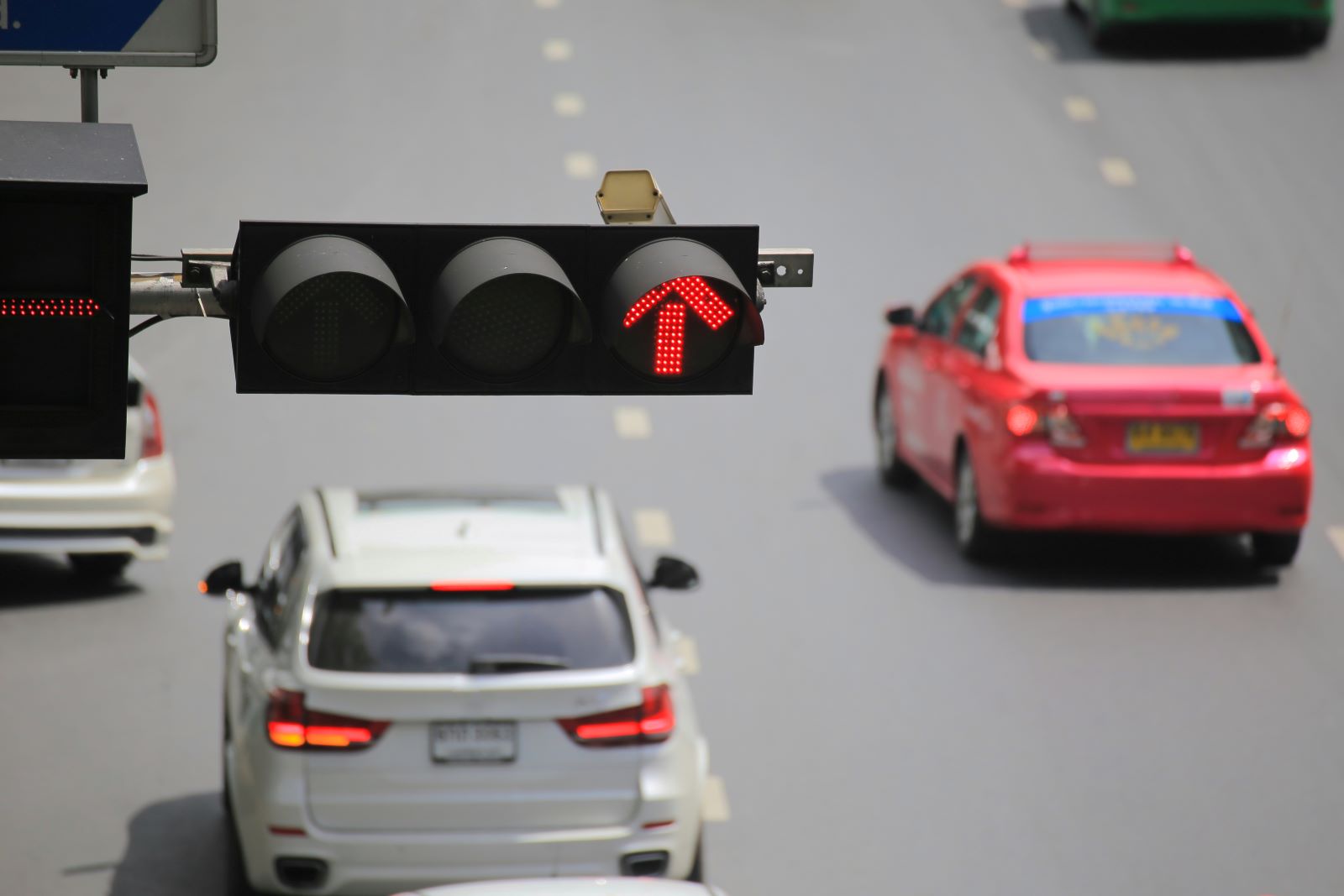
Image Credit: Shutterstock / nutcd32
The ethical use of traffic cameras requires ongoing evaluation and adjustment of policies to ensure they align with safety goals and respect for civil liberties. Regular reviews and updates to camera regulations can help mitigate ethical concerns. The Institute for Ethical Technology (IET) advocates for continuous monitoring and reform of technology use to maintain ethical standards.
15. The Role of Public Input
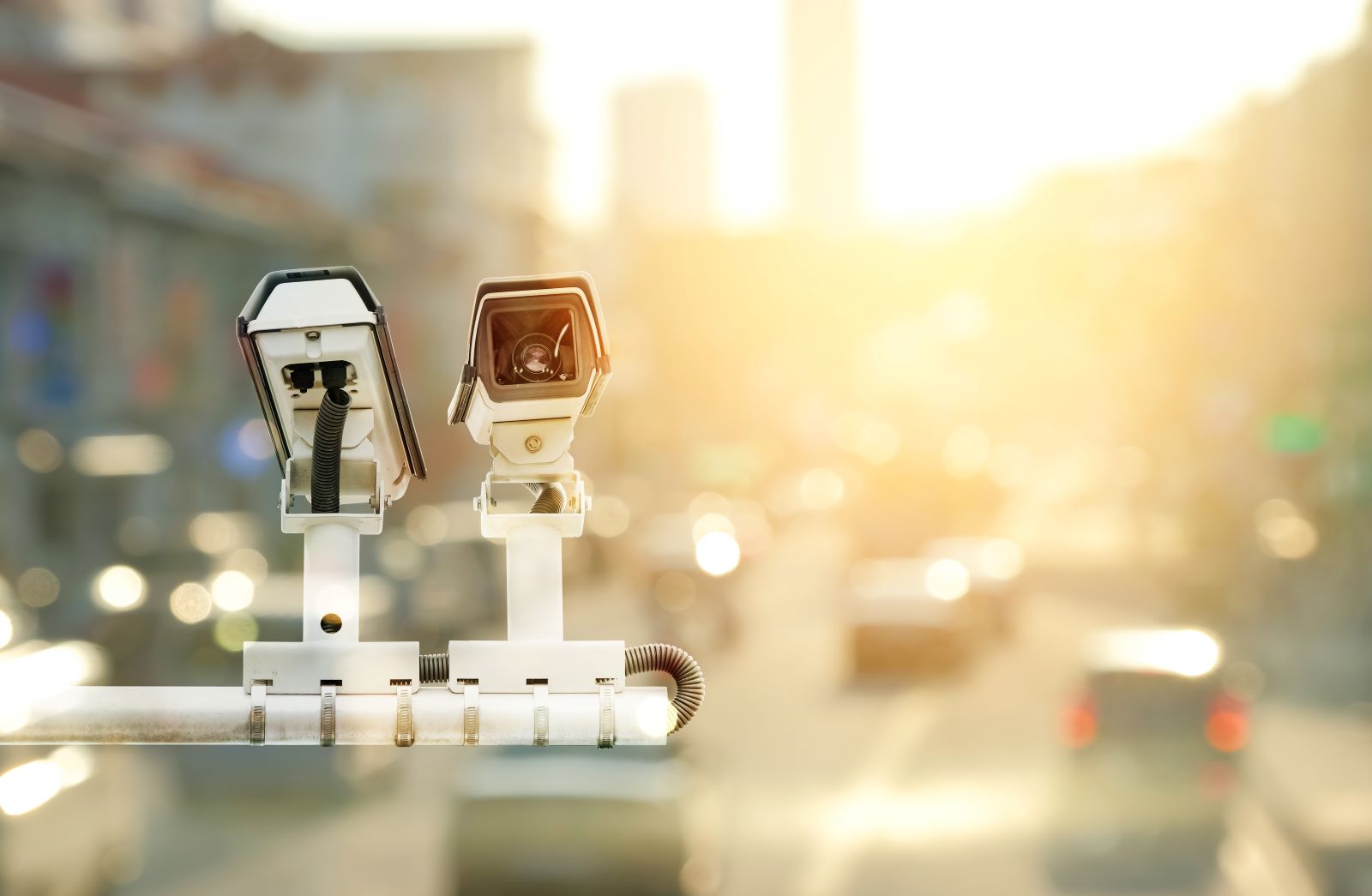
Image Credit: Shutterstock / Nudphon Phuengsuwan
Public input is essential in shaping how traffic cameras are used and managed. Engaging communities in discussions about traffic camera policies can help address concerns and build trust. A 2024 report by the Public Policy Institute (PPI) emphasizes the importance of public consultation in developing fair and effective traffic enforcement strategies.
16. Case Studies of Misuse
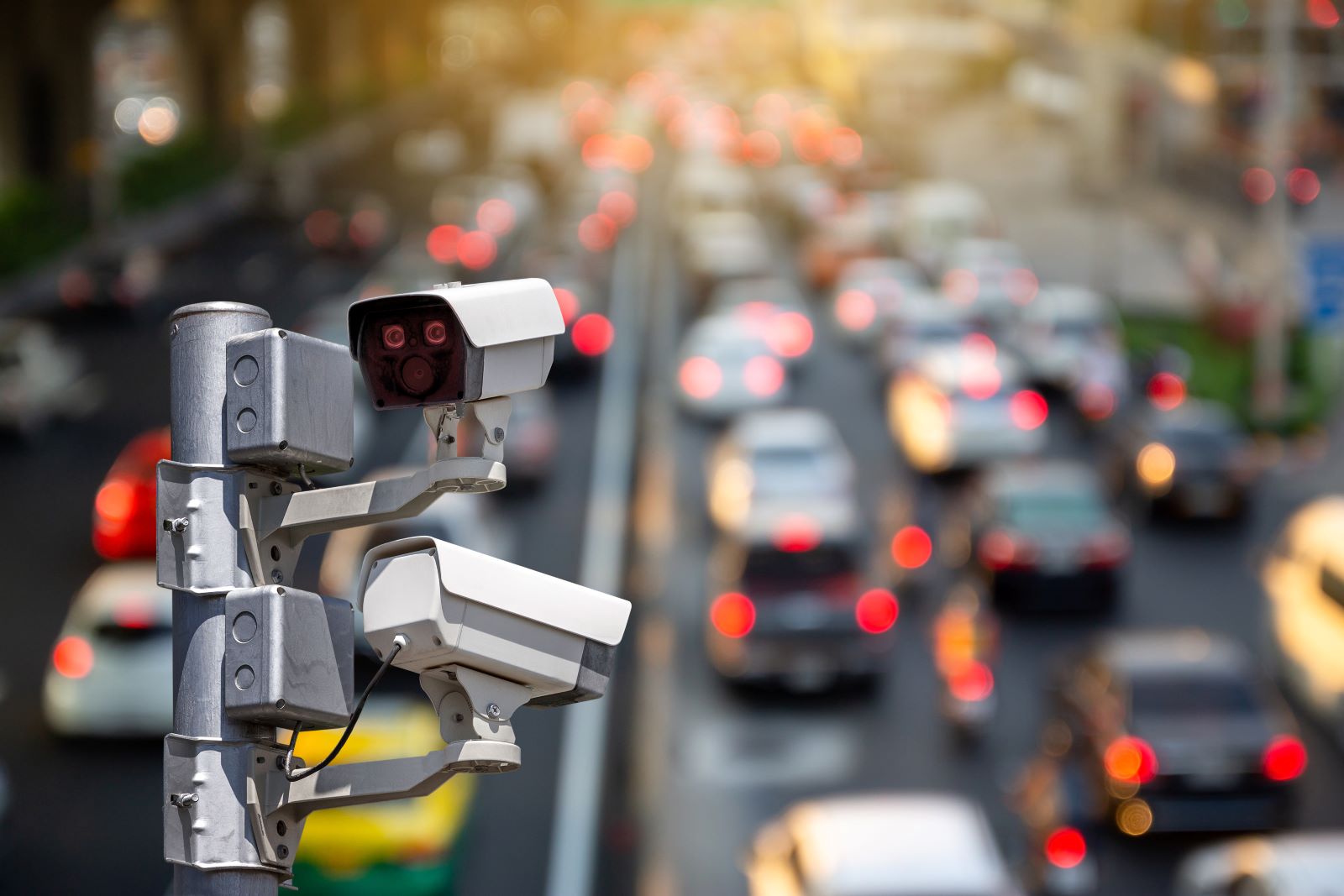
Image Credit: Shutterstock / Sombat Muycheen
There have been instances where traffic cameras were misused or operated unethically, leading to public backlash. For example, the 2023 scandal in Chicago revealed that some cameras were manipulated to increase fines. These cases highlight the need for stringent oversight and accountability to prevent misuse.
17. The Future of Traffic Enforcement

Image Credit: Shutterstock / Bilanol
The future of traffic enforcement may see a shift towards more advanced technologies and integrated systems. Innovations such as AI and machine learning could change how traffic laws are enforced and monitored. The 2024 technology review by the Future of Traffic Consortium (FTC) explores how emerging technologies might address some of the ethical concerns associated with current systems.
18. Ethical Guidelines and Best Practices
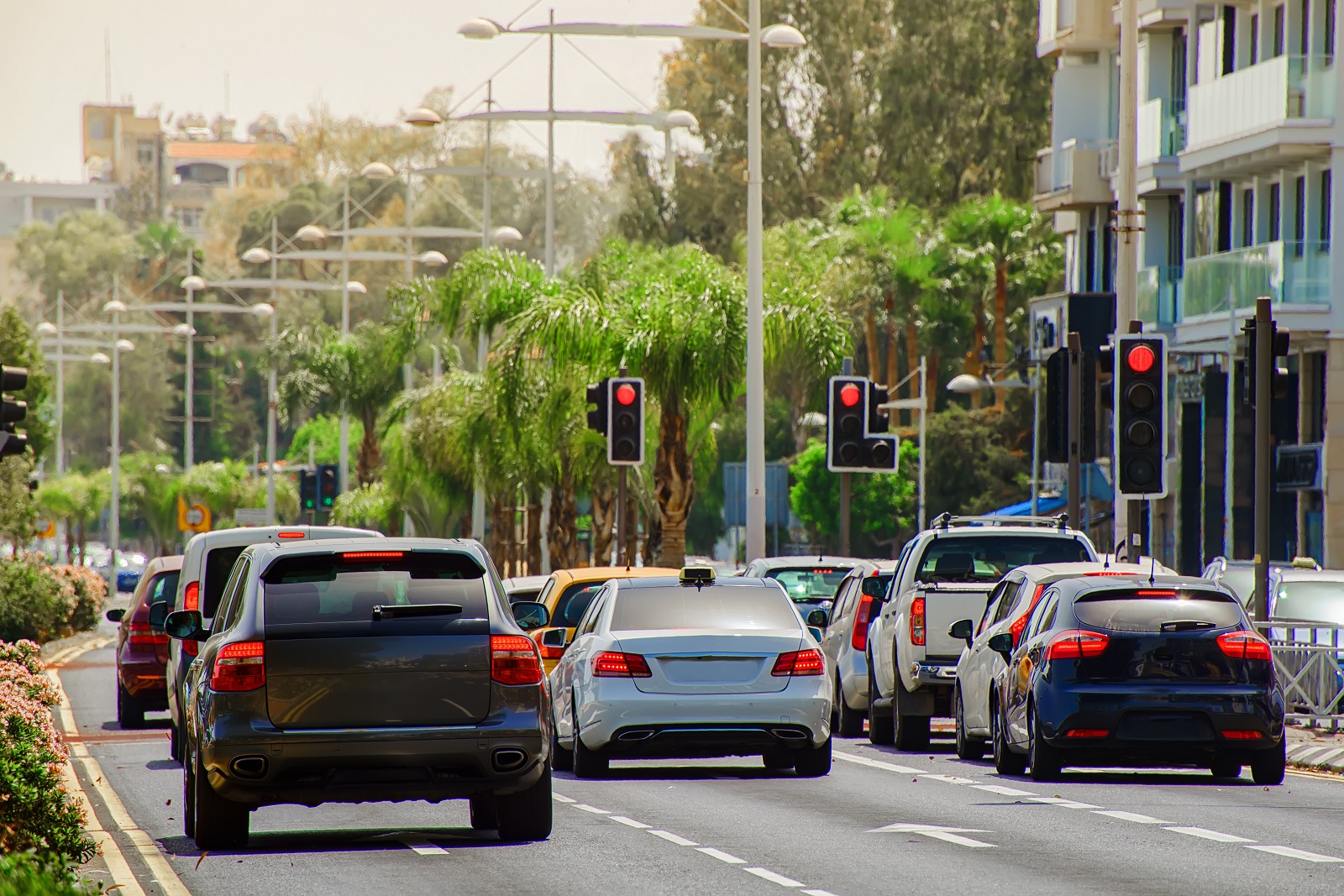
Image Credit:Shutterstock / BACHTUB DMITRII
Developing ethical guidelines and best practices for traffic camera use can help address many of the concerns raised. Establishing clear standards for privacy, accuracy, and transparency is essential for maintaining public trust. The International Traffic Safety Association (ITSA) provides guidelines for ethical traffic camera implementation that emphasize fairness and accountability.
19. Legislative and Policy Changes

Image Credit: Shutterstock / Pressmaster
Legislative and policy changes can play a crucial role in addressing the ethical concerns associated with traffic cameras. Lawmakers can enact regulations to ensure that cameras are used fairly and transparently. Recent efforts by various states, including California and New York, to review and revise traffic camera policies demonstrate the ongoing need for legal oversight.
Navigating the Ethical Landscape
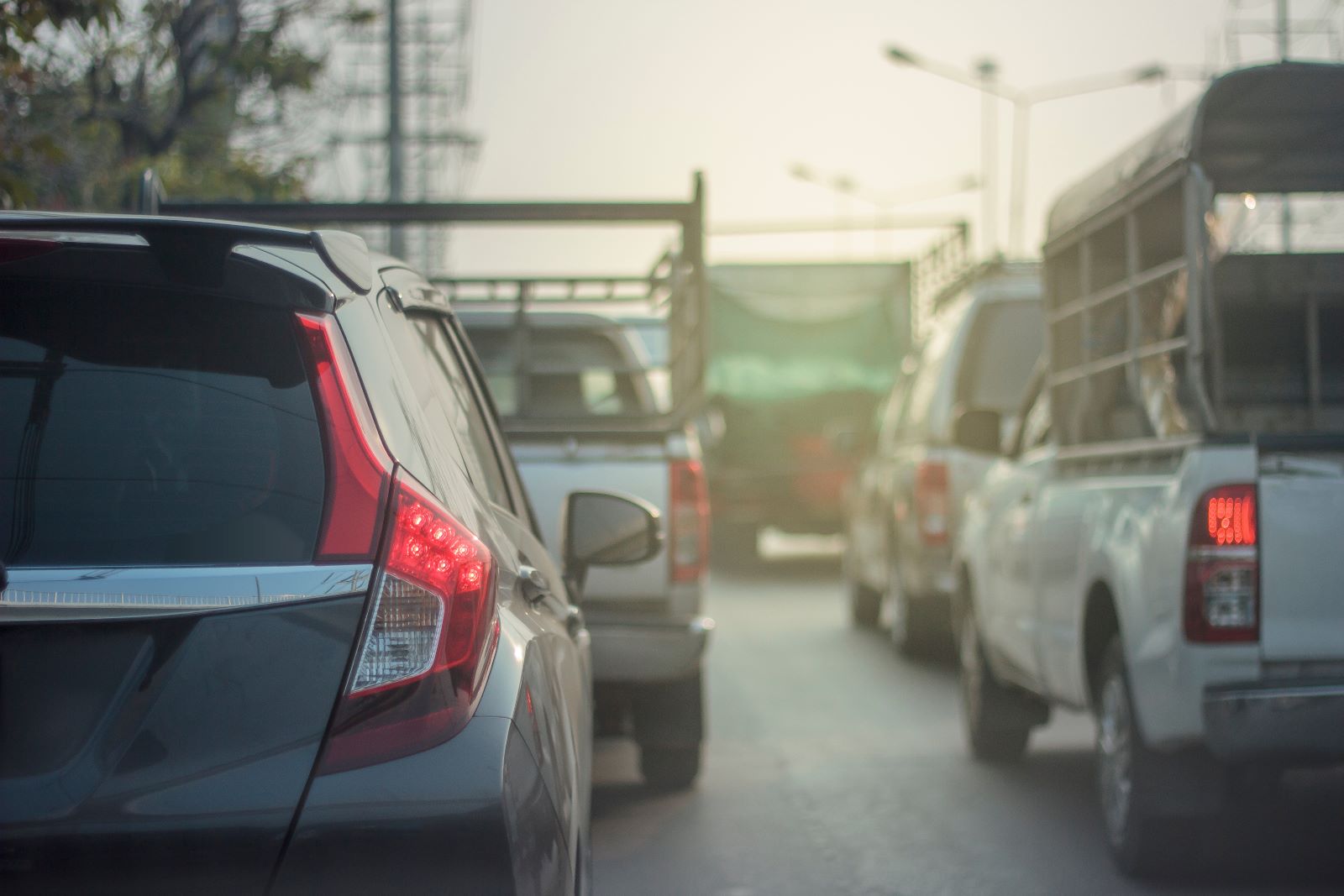
Image Credit: Shutterstock / BuzzunovaSS
The ethical implications of traffic cameras are complex, involving a balance between improving road safety and respecting privacy. While they can significantly enhance traffic enforcement, their use must be carefully managed to avoid profiling and revenue-driven motives. Stay informed about how your state uses traffic cameras and advocate for policies that ensure fairness and transparency.
Police Magnet: 7 Cars That Guarantee You’ll Get Pulled Over
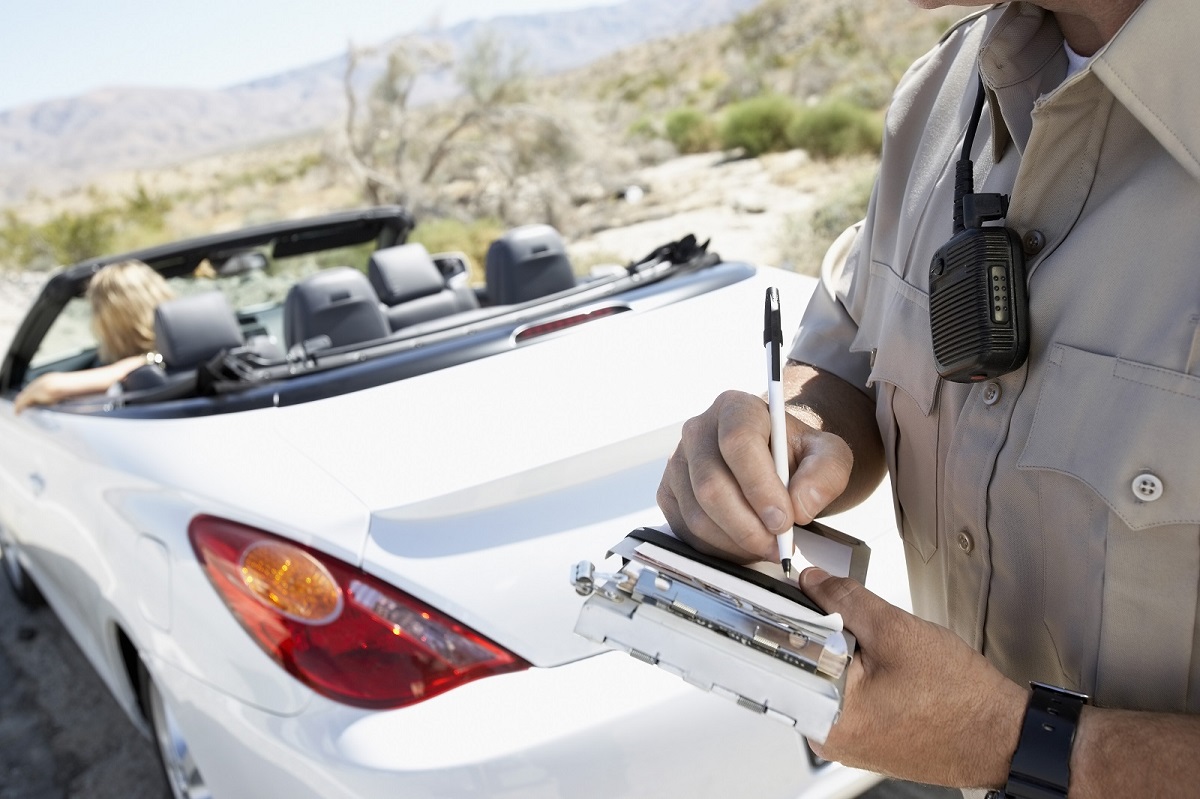
Image Credit: Shutterstock / sirtravelalot
Driving certain cars can make you more noticeable to law enforcement, even if you’re abiding by all the rules. Are you driving one of these “police magnets”? Here are seven cars that seem to attract more police attention than others. Police Magnet: 7 Cars That Guarantee You’ll Get Pulled Over
The Classic Cars That Were Total Clunkers

Image Credit: Pexels / Pixabay
Nostalgia has a funny way of making the past seem better than it was, especially when it comes to cars. But here’s the hard truth: some of those “classic” cars your dad raves about were real clunkers. Here’s a closer look at why some of those so-called “classics” weren’t all they were cracked up to be. The Classic Cars That Were Total Clunkers
The Worst U.S. Cars Ever Made: A Retro List
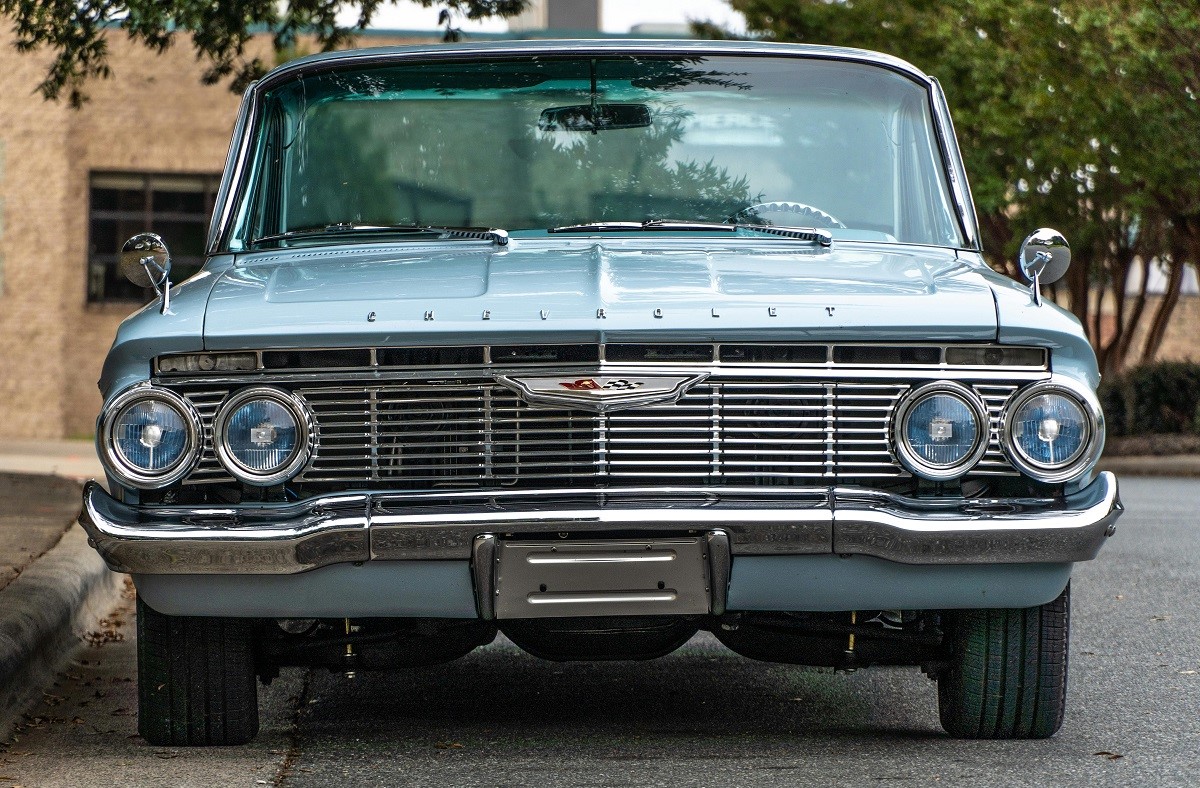
Image Credit: Pexels / Be The Observer
The U.S. auto industry has produced some incredible vehicles, but not every model was a hit. Here’s a look back at 16 of the worst cars ever made in the U.S., each infamous for its own unique flaws. The Worst U.S. Cars Ever Made: A Retro List
Featured Image Credit: Shutterstock / Sombat Muycheen.
The content of this article is for informational purposes only and does not constitute or replace professional advice.
The images used are for illustrative purposes only and may not represent the actual people or places mentioned in the article.
For transparency, this content was partly developed with AI assistance and carefully curated by an experienced editor to be informative and ensure accuracy.
